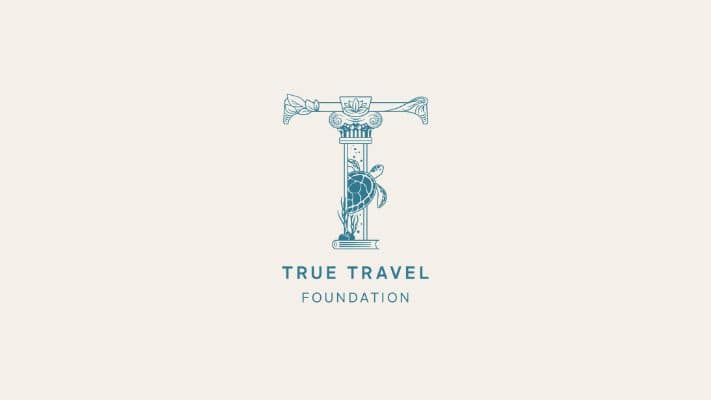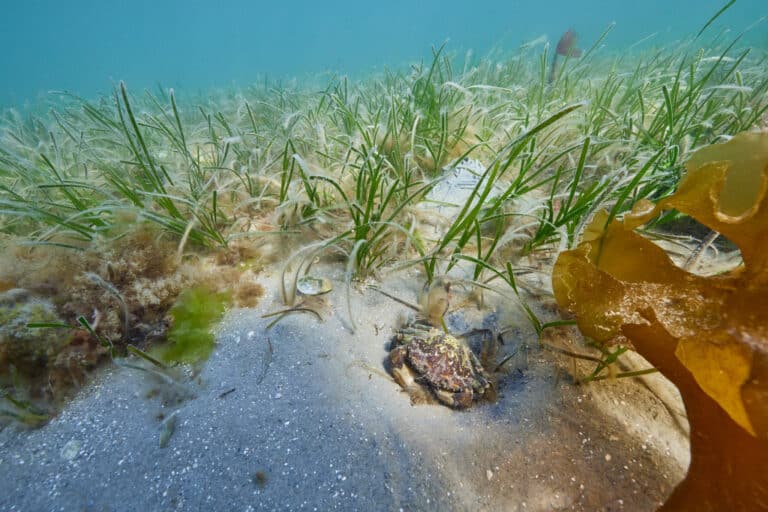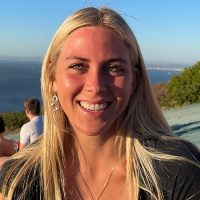The True Travel Foundation is a restricted fund operating under the auspices of Prism the Gift Fund, Registered Charity Number: 1099682. In 2016 the True Travel Foundation was created with one clear mission: ensure the funds we raise make an actual difference to those in need by seeking and supporting grassroots projects around the world. We understand that travel is a privilege that comes with a responsibility, and the True Travel Foundation ensures that the travel experiences we curate are a force for good.

Since the Foundation’s inception we have supported three leading charitable projects who are making a significant impact within their local communities and for the environment. These projects are The Female Empowerment Programme in rural Zambia, The Rucksack Project in Jaipur, India and Seawilding on the west coast of Scotland.

The Female Empowerment Programme
Zambia

The rucksack project
Jaipur, India

Seawilding
Loch Craignish, Scotland
Now, as its own independent entity, our foundation is positioned to embark on an even more profound journey, dedicated to creating a meaningful and lasting impact on local communities and conservation initiatives around the world.
Each year, we will continue our commitment to donate to the projects that we have chosen to support, all of which the team at True Travel are particularly connected to and passionate about. As we head into 2024, our commitment remains resolute. We will always strive to do more to protect our planet and the communities that call it home, and to achieve this, we will continue to raise our fundraising targets, ensuring that our support expands its reach year after year.
At True Travel, we are committed to publicly reporting on our company’s operations and sustainability efforts each year. Our annual Impact Reports will showcase the key initiatives we have focused on, the progress we have made, and our goals for improvement moving forward as a business.
Our 2023 Impact Report is available to view and download.
Every single booking supports our charity foundation. Speak to our team to find out more about how you can get involved in our community, culture and conservation initiatives.

Imogen Fitzjohn
Positive Impact Manager

INSPIRATION
SIGN UP
Weekly travel inspiration, news and updates from our team of travel specialists
Sign up